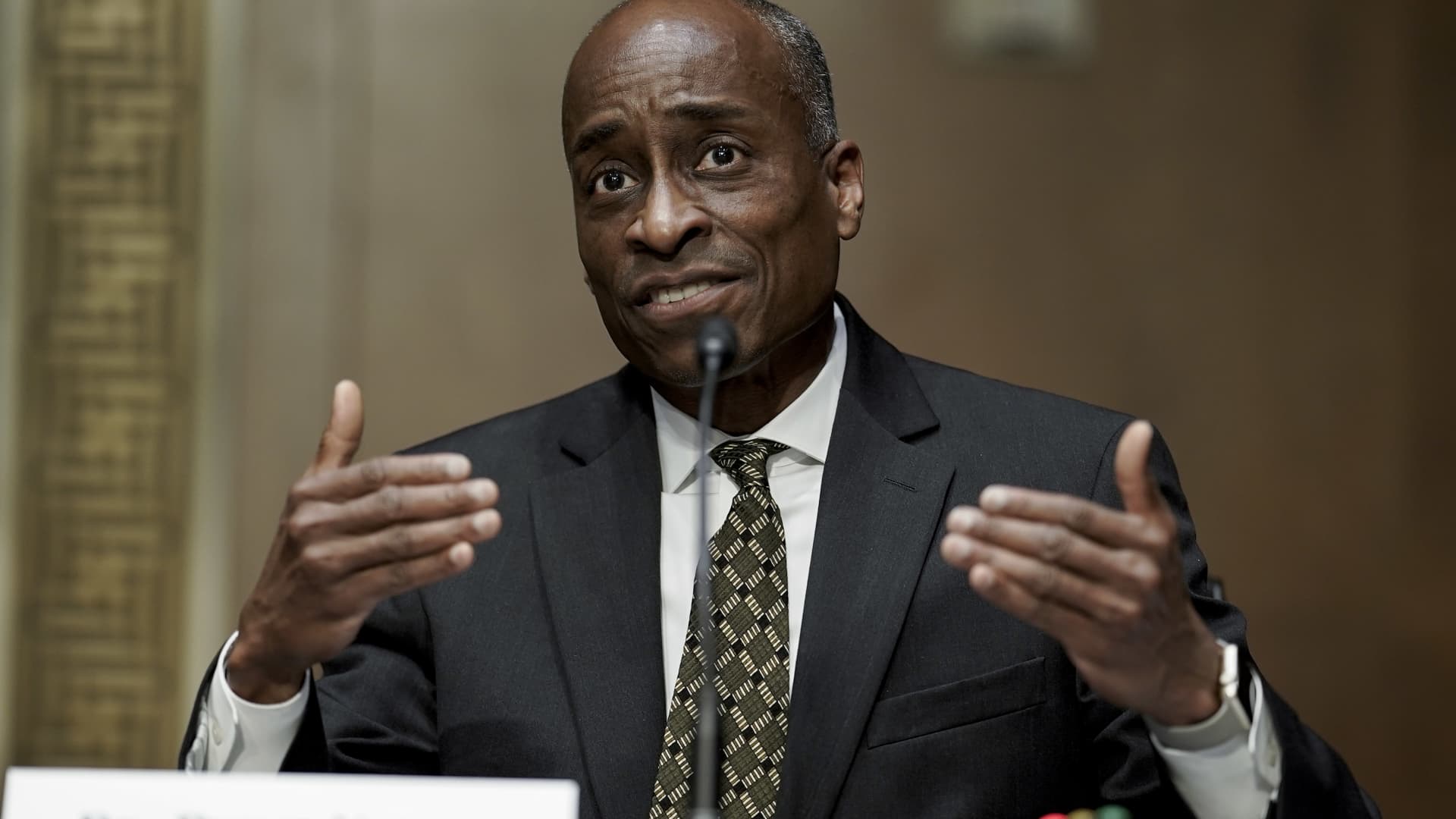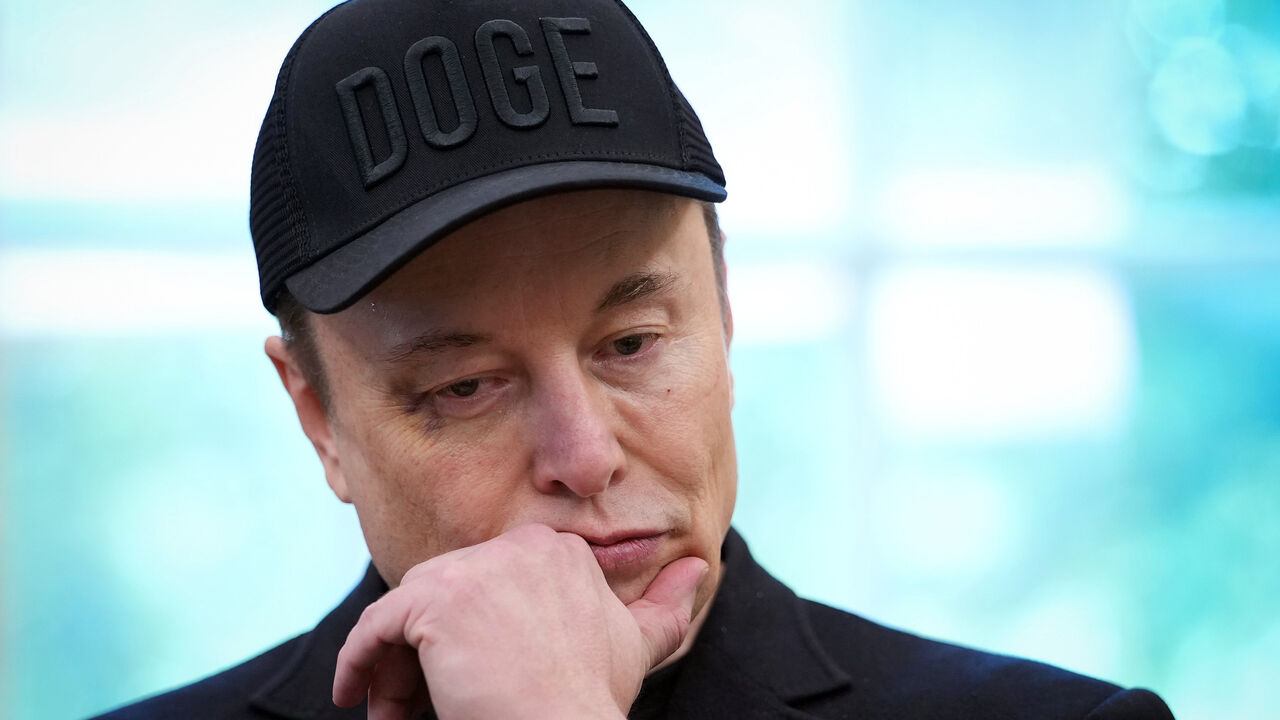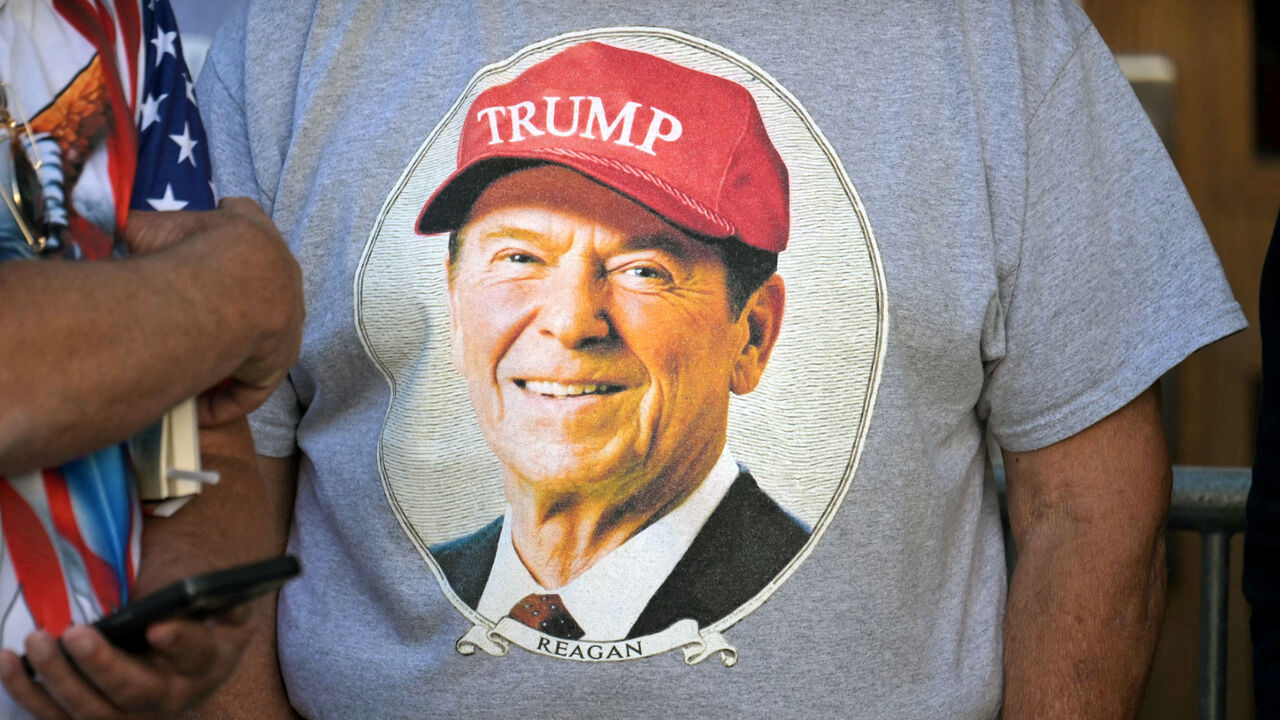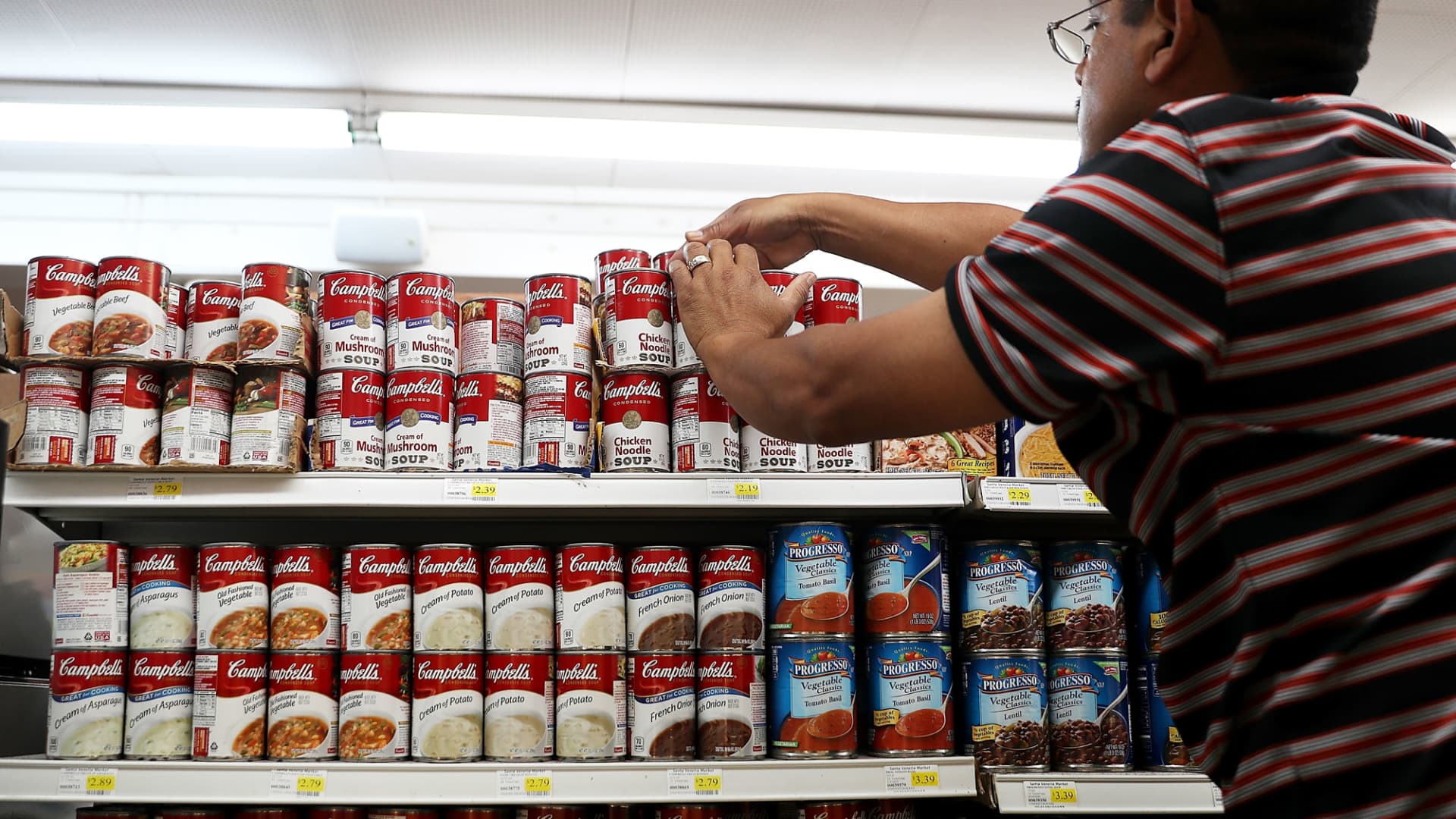EASTON, Pa. — Federal Reserve Vice Chair Philip Jefferson said Tuesday the central bank should be careful how it adjusts interest rates amid an uncertain policy environment.
In broad terms, the Fed governor said he sees the economy strong with inflation easing back on a “bumpy” road to the central bank’s 2% goal and a labor market in a “solid position.”
However, Jefferson echoed recent statements from other officials that it’s in the Fed’s best interest to move slowly as it evaluates evolving conditions.
“As long as the economy and labor market remain strong, I see it as appropriate for the [Federal Open Market] Committee to be cautious in making further adjustments,” he said in remarks for a speech at Lafayette College.
“Over the medium term, I continue to see a gradual reduction in the level of monetary policy restraint placed on the economy as we move toward a more neutral stance as the most likely outcome,” Jefferson added. “That said, I do not think we need to be in a hurry to change our stance.”
The remarks come less than a week after the FOMC voted to hold its policy rate steady in a range between 4.25% to 4.5%, a decision with which Jefferson concurred. At the previous three meetings, the committee had cut the federal funds rate by a total 1 percentage point after hiking it rapidly to combat a surge in inflation.
Fed officials have refrained from commenting directly on policy clashes in Washington, but have expressed a level of trepidation about trying to prejudge events.
Principal among the current level of uncertainty is the impact that tariff negotiations between the U.S. and its primary trading partners will have. President Donald Trump has paused on duties against products from Canada and Mexico, but is locked in a tense battle with China.
“There is always a great deal of uncertainty around any economic forecast, and currently we face additional uncertainties about the exact shape of government policies, as well as their economic implications,” Jefferson said.
Over the past year, the Fed’s favored inflation gauge — the personal consumption expenditures price index — has edged lower. The rate increased 2.6% in December on a year-over-year basis, well off its peak but still ahead of the central bank’s 2% goal.
Jefferson said he expects inflation to continue to move lower, but hedged his outlook.
“In the current environment, I attach a high degree of uncertainty to my projections,” he said.
The policymaker added that he “could envision a range of scenarios for future policy” where “we can maintain policy restraint for longer” if inflation stays elevated, or one where the Fed could ease more if the labor market weakens.

 Personal Finance1 week ago
Personal Finance1 week ago
 Blog Post1 week ago
Blog Post1 week ago
 Economics6 days ago
Economics6 days ago
 Economics1 week ago
Economics1 week ago
 Accounting6 days ago
Accounting6 days ago
 Personal Finance1 week ago
Personal Finance1 week ago
 Economics6 days ago
Economics6 days ago
 Personal Finance6 days ago
Personal Finance6 days ago





















